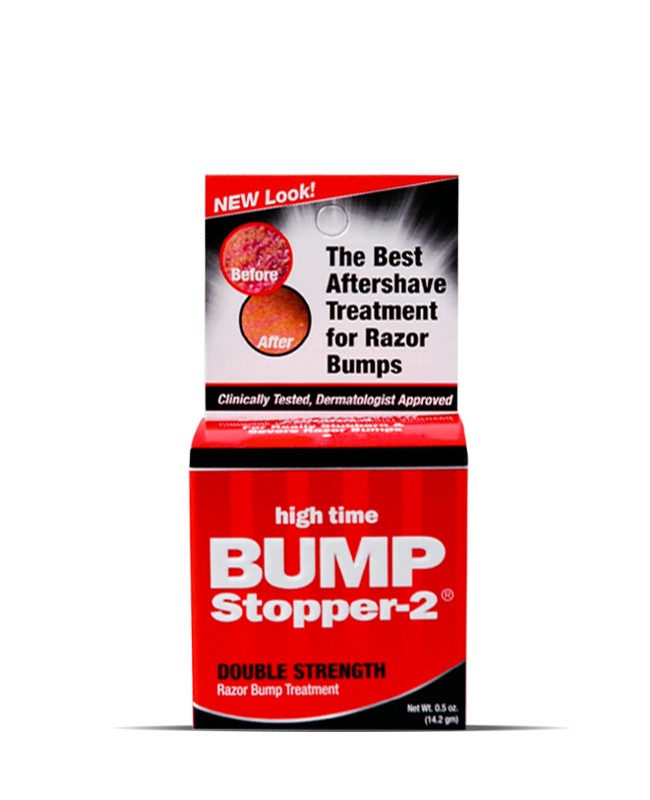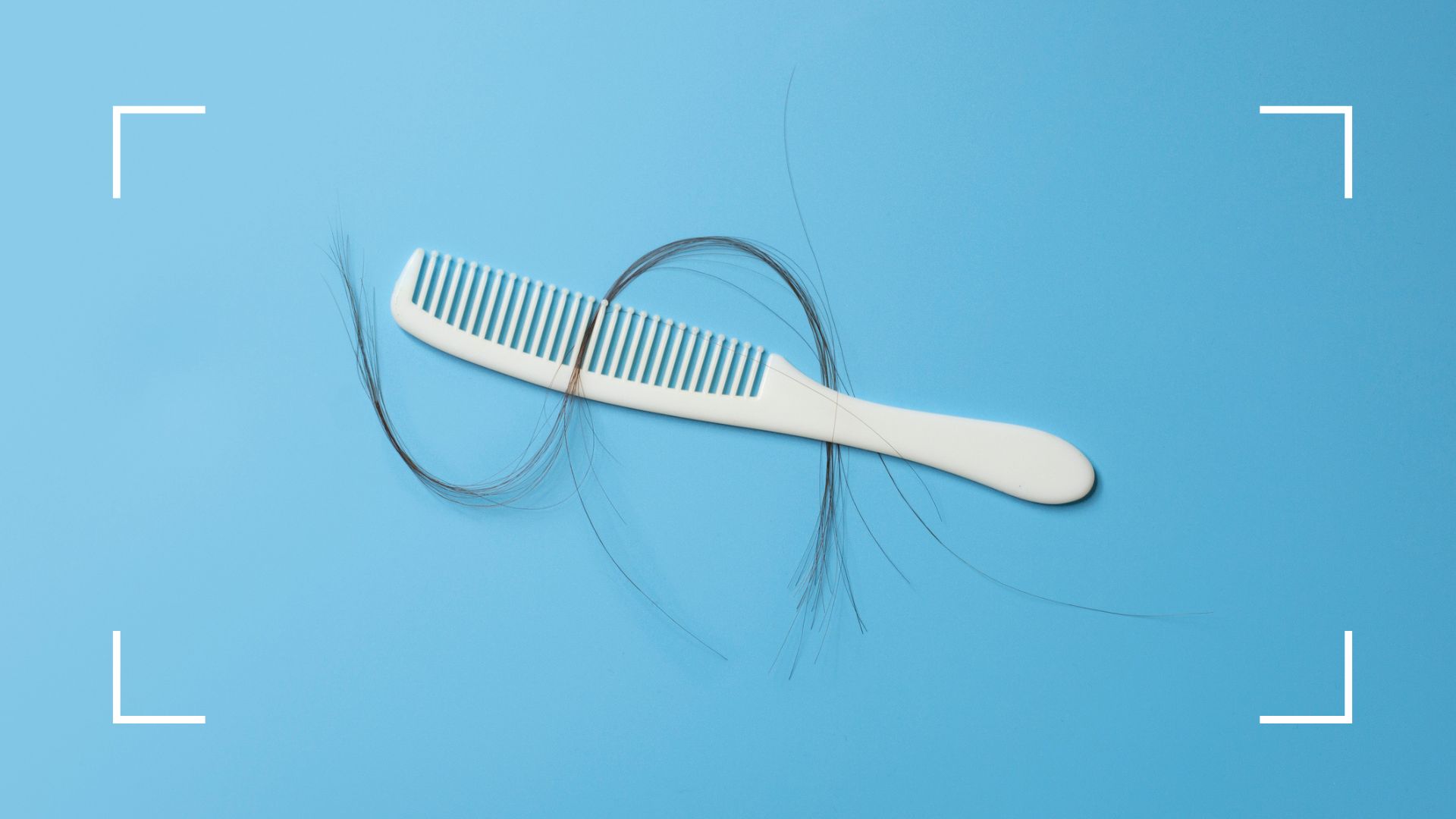Does bump stopper cause hair loss? This is a question many people have been asking, especially those who frequently use bump stoppers to manage their curly or coily hair. Bump stopper, a popular hair product, has been gaining attention not only for its effectiveness in reducing frizz but also for concerns about its potential side effects. Understanding the science behind this product and its impact on hair health is crucial before making any conclusions.
Whether you're a seasoned user or considering trying it for the first time, it's essential to explore the ingredients and their effects on scalp and hair health. Hair loss can stem from various factors, and understanding these elements can help you make informed decisions about your hair care routine.
This article aims to provide a detailed analysis of bump stopper's potential effects on hair loss, supported by scientific research and expert opinions. We'll delve into the ingredients, usage tips, and alternative solutions to help you maintain healthy hair while achieving your desired style.
Read also:What Episode Does Damon And Elena Get Together A Comprehensive Guide
Understanding Bump Stopper and Its Purpose
Bump stopper is a widely used product designed to combat frizz and manage curly or coily hair. It acts as a barrier between the hair and environmental factors that can cause frizz, such as humidity. The primary purpose of bump stopper is to enhance hair manageability and maintain sleek, smooth hair.
Key Ingredients in Bump Stopper
The effectiveness of bump stopper lies in its formulation. Some of the key ingredients include:
- Dimethicone: A silicone-based polymer that provides a protective coating on the hair.
- Hydrolyzed Keratin: A protein that strengthens hair and improves elasticity.
- Glycerin: A humectant that helps retain moisture in the hair.
These ingredients work together to create a smooth, frizz-free appearance. However, some users have raised concerns about potential side effects, particularly hair loss.
Does Bump Stopper Cause Hair Loss? Exploring the Evidence
While bump stopper is generally considered safe for most users, some individuals may experience adverse effects. Hair loss can occur due to several factors, including:
- Product buildup on the scalp
- Allergic reactions to certain ingredients
- Improper usage or over-application
It's important to note that hair loss caused by bump stopper is typically temporary and can be resolved by adjusting usage habits or switching to alternative products.
Scientific Studies and Expert Opinions
Research conducted by dermatologists and hair care experts suggests that the likelihood of hair loss from bump stopper is low when used as directed. A study published in the Journal of Dermatology found that silicone-based products like dimethicone do not penetrate the scalp and are unlikely to cause hair loss. However, excessive buildup can lead to scalp irritation, which may indirectly contribute to temporary hair shedding.
Read also:Megan Missing Movie True Story Unveiling The Facts Behind The Sensational Film
Common Misconceptions About Bump Stopper and Hair Loss
There are several misconceptions surrounding bump stopper and its impact on hair health. Some users mistakenly attribute natural hair shedding to product use, while others overlook the importance of proper application techniques. Understanding these misconceptions can help dispel unnecessary fears and promote healthier hair practices.
Addressing Misinformation
Here are some common myths about bump stopper:
- Myth: Bump stopper causes permanent hair loss.
Fact: Hair loss from bump stopper is usually temporary and reversible. - Myth: Silicone ingredients suffocate the scalp.
Fact: Silicone forms a protective layer on the hair without affecting scalp health when used correctly.
Best Practices for Using Bump Stopper Safely
To minimize the risk of hair loss or scalp irritation, follow these best practices:
- Use bump stopper sparingly and focus on the mid-lengths and ends of your hair.
- Regularly cleanse your scalp with a clarifying shampoo to prevent buildup.
- Perform patch tests before incorporating new products into your routine.
Adjusting Your Hair Care Routine
Incorporating bump stopper into your regimen requires careful consideration of your hair type and specific needs. For example, individuals with fine or thinning hair may benefit from using lightweight alternatives or diluting the product with water to reduce heaviness.
Alternative Solutions for Frizz Management
For those concerned about potential side effects, several alternative solutions exist for managing frizz:
- Natural oils like argan or coconut oil
- Hydration-focused hair masks
- Anti-frizz serums with plant-based ingredients
These alternatives can provide similar benefits without the potential risks associated with bump stopper.
Evaluating Product Compatibility
When selecting an alternative product, consider factors such as:
- Your hair type and texture
- Specific concerns like dryness or breakage
- Ingredient preferences, such as organic or cruelty-free options
Understanding Hair Loss: Causes and Solutions
Hair loss can result from various factors, including genetic predisposition, hormonal changes, and environmental stressors. Identifying the underlying cause is crucial for developing an effective treatment plan.
Consulting a Dermatologist
If you suspect bump stopper or any other product is contributing to hair loss, consult a dermatologist for a thorough evaluation. They can recommend appropriate treatments and lifestyle adjustments to promote hair health.
Tips for Maintaining Healthy Hair
Beyond product selection, maintaining healthy hair involves adopting comprehensive care practices:
- Protect your hair from excessive heat and UV exposure.
- Consume a balanced diet rich in vitamins and minerals.
- Stay hydrated and manage stress levels.
Implementing a Holistic Approach
Combining proper hair care with a healthy lifestyle can significantly improve hair strength and appearance. Regular exercise, adequate sleep, and mindfulness practices also contribute to overall well-being, which positively affects hair health.
Does Bump Stopper Cause Hair Loss? Final Verdict
Based on the available evidence, bump stopper is unlikely to cause hair loss when used correctly. However, individual sensitivities and improper usage can lead to temporary shedding or scalp irritation. By following best practices and considering alternative solutions, you can achieve frizz-free hair without compromising your hair health.
Call to Action
We encourage readers to share their experiences with bump stopper in the comments section below. Have you noticed any changes in your hair health after using this product? Additionally, explore other articles on our website for more tips and insights on maintaining beautiful, healthy hair.
Table of Contents
- Understanding Bump Stopper and Its Purpose
- Does Bump Stopper Cause Hair Loss? Exploring the Evidence
- Common Misconceptions About Bump Stopper and Hair Loss
- Best Practices for Using Bump Stopper Safely
- Alternative Solutions for Frizz Management
- Understanding Hair Loss: Causes and Solutions
- Tips for Maintaining Healthy Hair
- Does Bump Stopper Cause Hair Loss? Final Verdict
Sources
- Journal of Dermatology: Silicone-Based Products and Scalp Health
- Mayo Clinic: Hair Loss Causes and Treatments
- Harvard Health Publishing: The Role of Nutrition in Hair Health


